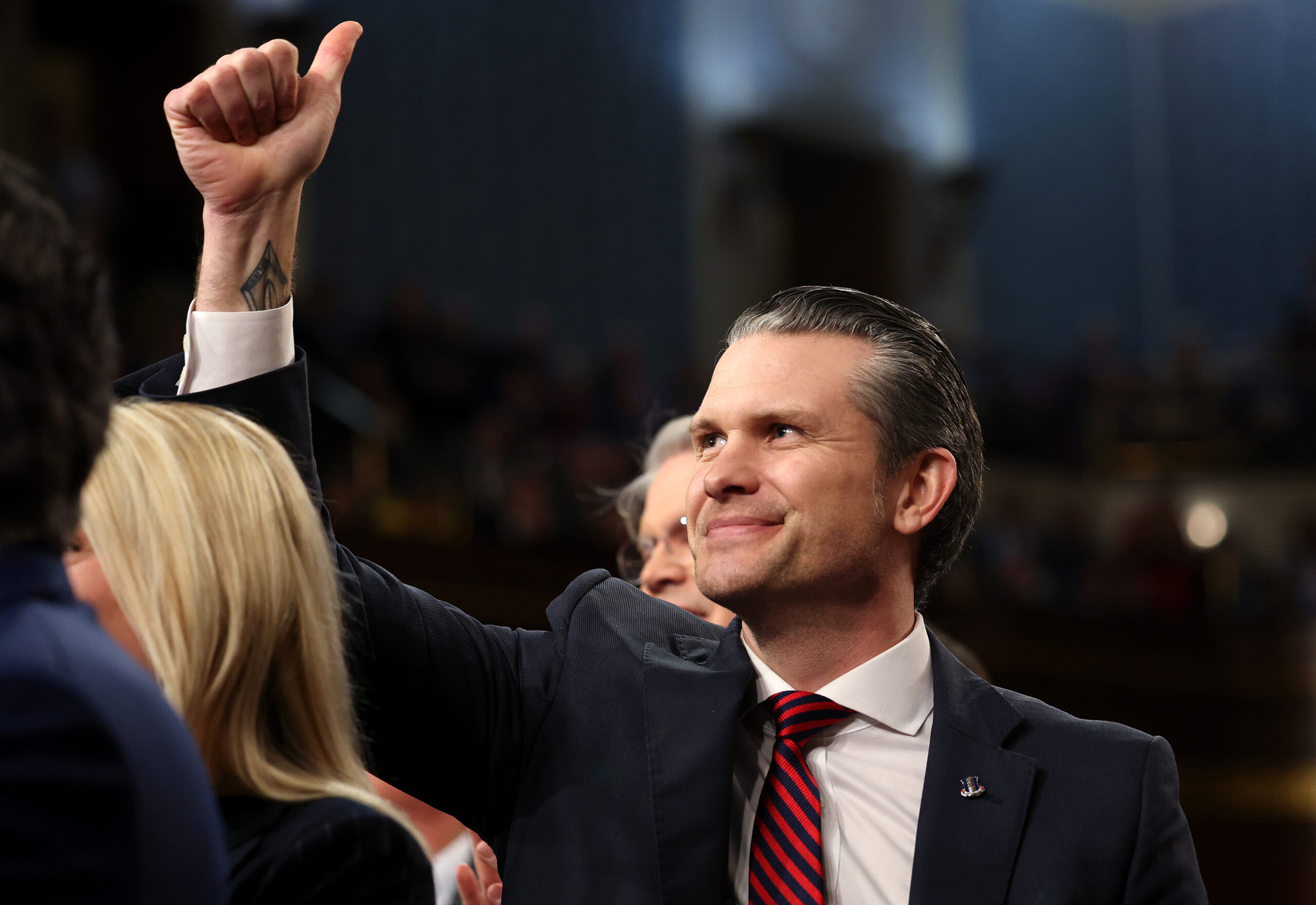- Prediction site Kalshi has posted a market on whether Donald Trump will impose martial law during his second term as president
- The “No” side is favored but “Yes” has been gaining momentum over the last two weeks
- See what the odds say about whether Trump will impose martial law before his term runs out in January 2028
Social media has been ablaze with claims that US President Donald Trump will impose martial law in the near future, specifically April 20th, 2025. Prediction site Kalshi.com recently posted a market on whether Trump would impose martial law at any point during his second term as president, which runs until January 20, 2028. The “No” side opened as a massive favorite but the “Yes” side has been gaining traction – and financial backing – ever since.
Chances Trump Imposes Martial Law During Second Term
President Can Use Insurrection Act to Impose Martial Law
Where has all this talk about martial law come from? It goes back to Inauguration Day, when Trump signed an executive order directing both Homeland Security and the Department of Defense to scrutinize the US/Mexico border and then report back on whether, in their opinion, the president should invoke the Insurrection Act (1807).
The Insurrection Act grants the president the power to call the military and National Guard into service:
- when requested by a state’s legislature, or governor if the legislature cannot be convened, to address an insurrection against that state,
- to address an insurrection, in any state, which makes it impracticable to enforce the law, or
- to address an insurrection, domestic violence, unlawful combination or conspiracy, in any state, which results in the deprivation of constitutionally secured rights, and where the state is unable, fails, or refuses to protect said rights.
In other words, the power to impose martial (a.k.a. military) law enforcement.
Do the Current Prediction Markets Accurately Reflect the Likelihood of Martial Law?
By most knowledgeable accounts, no. They current Kalshi prices and percentages seem to drastically overestimate the likelihood that Trump will actually impose martial law, at least in the near future. But note that the market is not limited to April 20th or even this year. It encompasses Trump’s entire second term.
Still, a recent fact check from Newsweek found that there isn’t any credible evidence that Trump is close to invoking the Insurrection Act. Rather, the potential of martial law picked up steam on social-media sites like TikTok, with hashtags like #martiallaw trending over the past few days.
If you’re in a state where Kalshi is operating, I wouldn’t hesitate to buy “No” contracts at the current 82¢ price, if you have the disposable income to do so. Your contracts couldn’t be settled until January 2028, though, and you’re only looking at an 21.95% return. (One of the best parts about a prediction site like Kalshi, of course, is that you can sell your contracts at any point to other users at any price you both agree to.)
As President Donald Trump’s first term comes to a close, speculation has been swirling about the possibility of him imposing martial law during a potential second term. While this scenario may seem far-fetched to some, experts have been weighing in on the likelihood of such a drastic measure being taken.
According to a recent analysis by political scientists and legal experts, the chances of Trump imposing martial law during a second term are estimated to be around 21%. This figure takes into account various factors such as Trump’s authoritarian tendencies, his disregard for democratic norms, and the current political climate in the United States.
One of the key reasons why some believe Trump may resort to martial law is his repeated attacks on the media and his critics, as well as his efforts to undermine the legitimacy of the electoral process. These actions have raised concerns about his commitment to upholding the rule of law and respecting democratic institutions.
Additionally, Trump’s rhetoric and actions during his first term have raised red flags about his willingness to use the military to achieve his political goals. From deploying federal agents to quell protests to threatening to use the Insurrection Act to suppress civil unrest, Trump has shown a willingness to use force to maintain power.
While the chances of Trump imposing martial law may seem relatively low at this point, it is important to remain vigilant and aware of the potential risks. The United States has a long history of upholding democratic principles and the rule of law, but these values can be easily eroded if not defended.
Ultimately, the decision to impose martial law would have serious consequences for the country and its citizens. It is crucial for lawmakers, legal experts, and the public to remain vigilant and push back against any attempts to undermine democracy and rule of law. Only by staying informed and engaged can we ensure that our democratic institutions remain strong and resilient in the face of potential threats.
